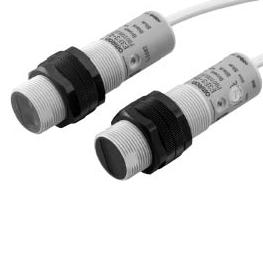"Smart factory" refers to the use of technology and equipment monitoring technology to strengthen information management and services on the basis of digital factories; clearly grasp the production and sales process, improve the controllability of the production process, reduce the manual intervention on the production line, and collect the data in real time. Production line data, as well as reasonable production schedules and production schedules. Technologies that can be implemented in smart factories include wireless sensing, control system networking, and industrial wireless. Storage Cage,Storage Cage On Wheels,Steel Security Cage,Small Storage Cage Shenzhou City Shengsen Metal Products Co., Ltd. , https://www.szshengsenwiremesh.com
Quick and direct measurement and on-line control of certain product quality indicators (eg, viscosity, hardness, surface finish, composition, color and taste, etc.). Sensors that incorporate intelligent technologies will be able to solve the above problems.
The application of sensors is very extensive. All components of industrial production need sensors to monitor and feed back data to the control center so that abnormal nodes can be promptly intervened to ensure normal industrial production.
The industry generally believes that the heart of industrial automation is a new generation of advanced intelligence that enables the continuous operation of product lines, connecting to high-performance programmable logic controllers (PLCs) and human-machine interface (HMI) systems through low-latency and real-time networks. Of course, time is money for manufacturers. As long as the manufactured product can reach the specified quality level, the production line will continue to operate as fast as possible, and the importance of smart sensors is highlighted.
At present, intelligence, as the most influential and developmental high technology in the 21st century, is attracting great attention from the electronic information industry at home and abroad. The Optoelectronics Industry Development Association (OIDA) predicts that the international market for smart sensors will grow at a high rate of 20% per year, and smart sensors will play a more important role in the era of industrial automation.